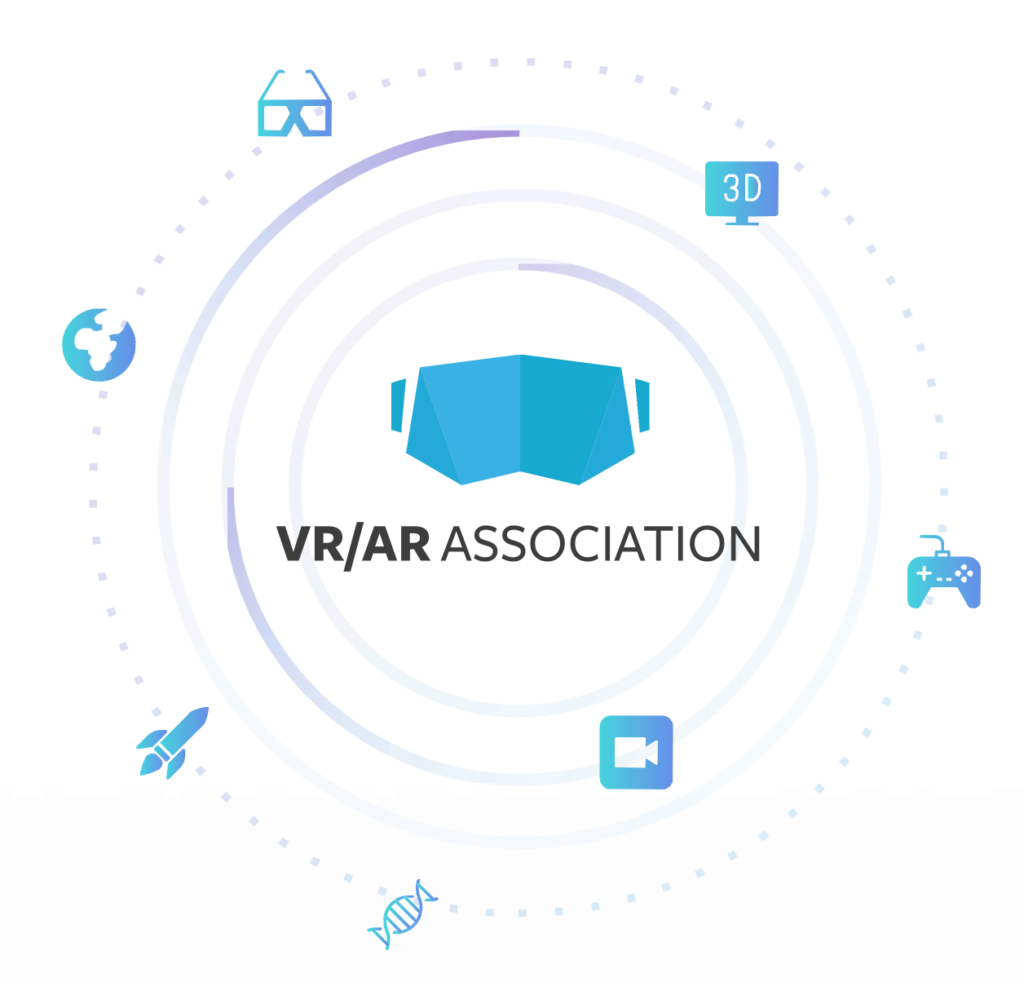VR/AR in the Energy Sector
White Papers from the VR/AR Association and Oberon Technologies
Typical applications of VR/AR in the energy value chain real-world use cases and integration of VR training technology
The objective of these white papers by the global VR AR Association (VRARA) is to ring out the essential features of VR AR technologies, highlight the relevance of the same to business functions in the energy sector and present an overview of applications and use cases of VR & AR duly highlighting the benefits of the same for both consumers and solution providers.
Additionally, in the second white paper (part 2), we detail important considerations for adoption and integration of VR training technology, including hardware, content development, instructional design, and other important factors. Oberon proudly contributed to these papers, with detailed input related to the VR Training solutions and a use case with our clients EPRI, Exelon and Framatome.
Read these full papers for complete details. Here are a few key excerpts:
- Virtual and Augmented Reality (VR and AR) have the potential to revolutionize learning and training in the energy sector. They offer immersive experiences that enhance understanding of complex concepts, procedures, and equipment in a safe environment. These technologies are engaging and impactful throughout the employment cycle, from recruiting to reskilling and provide access to virtual training environments worldwide, reducing carbon footprints and promoting sustainability.
- VR enables realistic training of unexpected, hazardous, and dangerous scenarios in a safe yet fully immersive and realistic environment. VR allows nuclear and other energy providers to train staff without unnecessary exposure to radiation, toxic gases and chemicals, or high voltage, which is often present in conventional training programs.

Training is among the typical applications of VR in the energy sector.
VR Training is one of the most prominent applications of Virtual Reality for many reasons. While its immersive nature makes the VR based training very effective, this also permits creation of several simulated environments in the virtual form, thus obviating the need to create such environments in the real world or where the scenarios cannot be recreated in the real world safely, effectively, or economically. These virtual environments represent an advancement in VR training that permits the simultaneous training of numerous trainees with the active immersive involvement of the trainer. These environments also enable organizations to easily repeat or vary training experiences to prepare trainees for real-world situations.
VR training in the Energy Sector can be broadly classified in three categories, namely HSE Training, Facility Training, and Training in specific operations within the Energy facilities.
Examples of HSE Training:
- Fire safety training
- Training for working at height
- Training for working in confined spaces
- Training in electrical safety
- Training for safety in special environments such as offshore, mines, hazardous environments
Examples of Facility Training:
- Locating components in situ
- Identifying appropriate entry and exit routes for safety
- Identifying shortest or safest paths to avoid environmental hazards
- Identifying proper transport routes for materials and equipment
- Identifying aide station locations
- Define temporary alternate routes needed during specific procedures
- Ingress and egress planning
- Staging, storage, and logistics coordination
Examples of Training in Special Operations:
- Training in fired heater start-up, normal operation, abnormal operations, shut-down sequence etc.
- Training for operation of construction machinery such as heavy-duty crawler mounted cranes
- Training in LNG unloading operations
- Training in operation of PSA units
- Training in operation of steam and gas Turbines
- Training in operations and inspections within a nuclear power plant
To address the challenges facing the energy sectors workforce VR/AR Training solutions can provide more efficient solutions to recruiting, reskilling and retaining staff. These white papers are helpful resources to learn how.